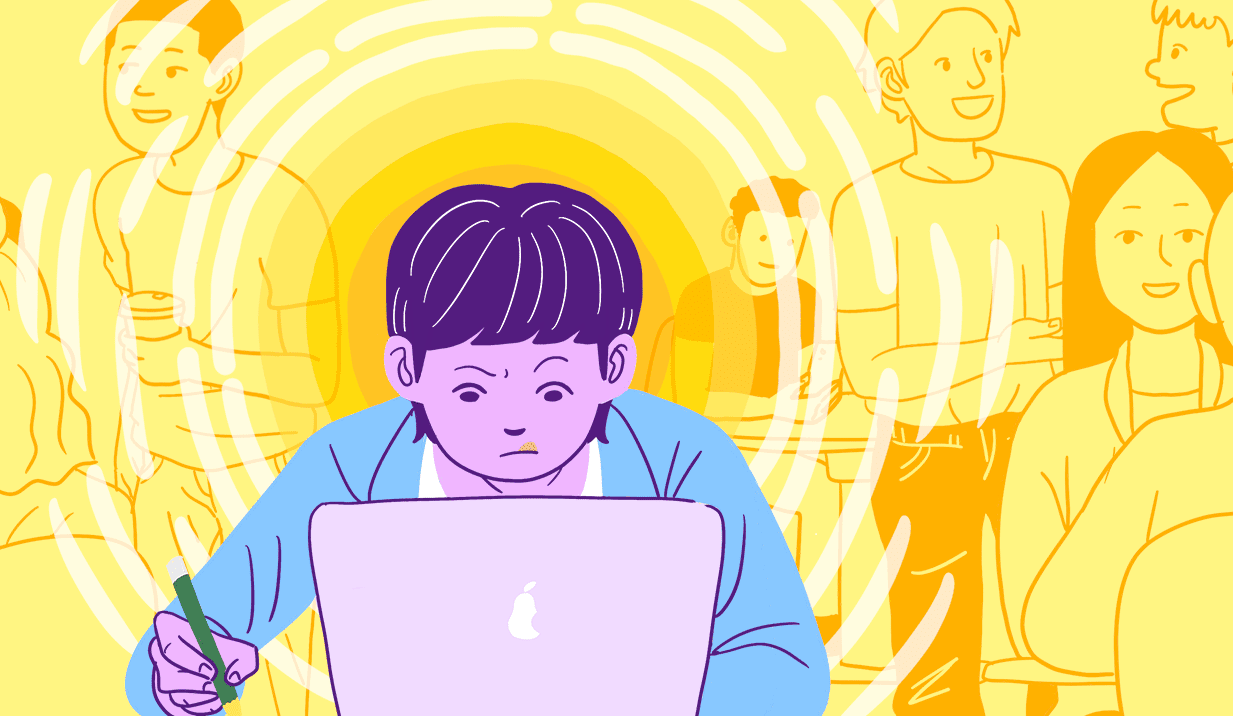Primary school children often have trouble concentrating in class, at home or in school. What can you do to help your child as a parent?
The child may not be able to concentrate at school for a variety of reasons, including a lack in understanding or attention. What can you do to help your child as a parent?
Teach him how to do each thing one at a.m.
Multitasking can be a problem for many children. Multitasking can lead to a loss of motivation and cause children to give up on their dreams. Instead of trying to accomplish multiple tasks at once, teach your child to focus on one step at a moment. You will help your child to focus on the task at hand and not get lost in all the tasks.
Together, make a list of your goals
Sometimes a child doesn’t have a problem focusing. It’s more that they don’t know where to focus. To help your child focus on a task or start a study session, make a list with them. What should be completed first? When. After your child has reached a goal, you can take a break so they can recharge their brains before starting a new task.
Make sure they have a place to work in a well-organized area
Disorganized spaces can cause distractions for your child. You should give your child his own space, like a desk or table, that is dedicated to lessons. The space should contain only school supplies, should be clean, and not cluttered.
Discuss why separate notebooks are important
As important as an organized study area is a separate book and notebook for each subject. Your child should learn how to organize his information. For example, each subject may have a different colored or patterned notebook. You can teach him how to take organized notes at school, such as to listen to the teacher and use dashes to organize the text. Explain to him that this will help him learn faster and more efficiently at home.
Help him to deal with distractions
Adults can be distracted by their phones or others. Your child should learn that if he has a task at home or at school, he must be focused on the task. After completing it, he can take a break and relax. Take away any objects that could draw his attention, such as televisions or telephones.
Make friends with those subjects you don’t like
If it is an important subject in his assessments, and he has to study it, but he doesn’t like it or doesn’t want to, explain that it is important to try to understand it as much as you can. If he doesn’t understand the concepts, explain them to him.
Teach him mindfulness
Mindfulness is a way to be present in the moment and focus on the thoughts and emotions one is experiencing at the moment. Encourage your child to take a five-minute break if he becomes distracted. After that, he can focus on the task at hand and then move on to something else.
Use games to train his brain
Crosswords and puzzles are great ways to get your child’s brain moving outside the classroom. They’re also fun! These activities will require patience, concentration, and focus on solving the problems. These are qualities that your child can use to help him in school. A puzzle allows you to connect with your children and parents, and create a family activity.
Take a look at dietary supplements
Children can take food supplements to improve their attention, memorization, and learning skills. You should look for high-quality nutraceutical compounds for children’s well-being, such as ones with Omega 3 fatty acid (which can help improve school performance).
Set a schedule for getting up in the morning and going to bed at night
Children who have had disturbed sleep can also have difficulty with concentration. Your little one should have a set routine that he follows every day, including waking up at the exact same time each morning and going to bed the same night every night. On weekends, you can let him go to bed an hour earlier and in the mornings an hour later. You want your child to have a restful night. Make sure he has some relaxing activities before bed.
It is best to consult a doctor if you suspect your child’s inability to concentrate due to an underlying medical condition such as attention deficit hyperactivity disorder (ADHD). ADHD children are unable to pay attention, don’t follow instructions, fidget, run around, interrupt others, and do not pay attention to details.
